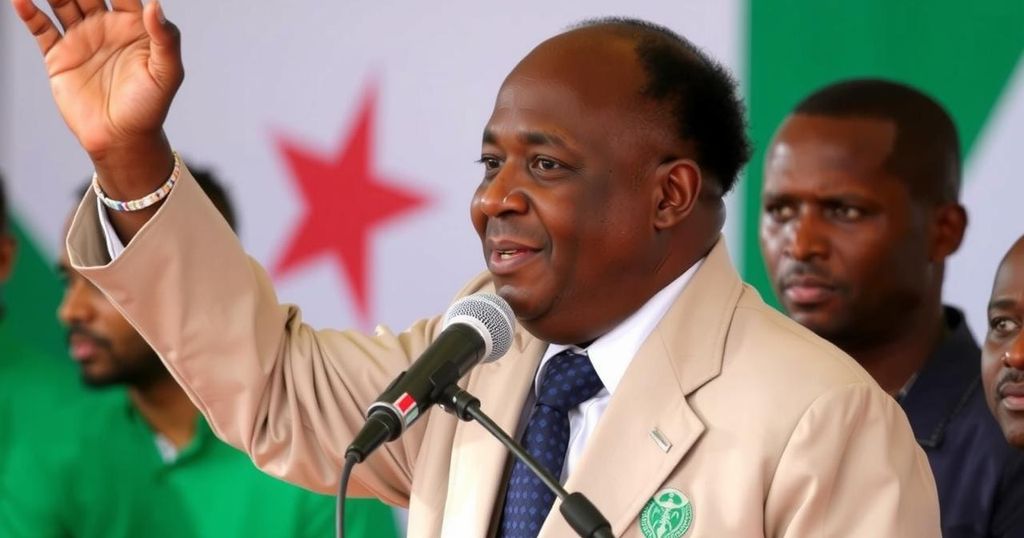Chad’s Ruling Party Achieves Majority Amid Opposition Boycott in Elections

Chad’s ruling Patriotic Salvation Movement secured a majority in the December parliamentary elections, winning 124 of 188 seats amid a boycott from major opposition parties. Voter turnout was reported at 51.5 percent. President Mahamat Idriss Déby emphasized that the election marks a step towards decentralization and a transition to democracy following his rise to power after his father’s death. The opposition denounced the election as lacking credibility, echoing previous concerns after the disputed presidential election.
The ruling Patriotic Salvation Movement (PSM) in Chad has secured a commanding majority in the parliamentary elections held in December, despite the absence of participation from major opposition parties. With provisional results indicating that the PSM won 124 of the 188 available seats, President Mahamat Idriss Déby’s political authority has been further solidified. Voter turnout for the election was reported at 51.5 percent, marking the first parliamentary vote in over ten years.
President Déby noted that the election would facilitate a transition towards decentralization, distributing power to regional and local governments. This parliamentary election, alongside concurrent regional and municipal elections, represents the concluding phase of Chad’s transition to democracy after Déby assumed control following the death of his father, long-serving President Idriss Déby Itno.
However, the elections faced criticism from over ten opposition parties, including the prominent Transformers party, which labeled the event a “charade.” The opposition expressed concerns over the credibility of the electoral process, echoing sentiments from the disputed presidential election of the previous year. As Chad navigates various security issues, including challenges posed by Boko Haram and changing military alliances with France, the outcome of this election is of significant national importance.
Chad’s political landscape underwent substantial shifts following the succession of Mahamat Idriss Déby to the presidency after the death of his father, who had been in power for 30 years. The parliamentary elections signify a crucial step in the country’s promised transition to a more democratic governance framework. However, the authenticity of the electoral process has been called into question, primarily due to the organized boycott of numerous significant opposition parties. This context provides insight into the political dynamics currently at play in Chad, especially against the backdrop of security threats.
In conclusion, the ruling party’s substantial victory in Chad’s recent legislative elections further entrenches President Mahamat Idriss Déby’s authority. The boycott by major opposition parties raises issues regarding the legitimacy of the electoral process, and the nation continues to grapple with pressing security challenges. The implications of these elections on Chad’s transition to democracy and governance will be pivotal moving forward.
Original Source: www.rfi.fr







